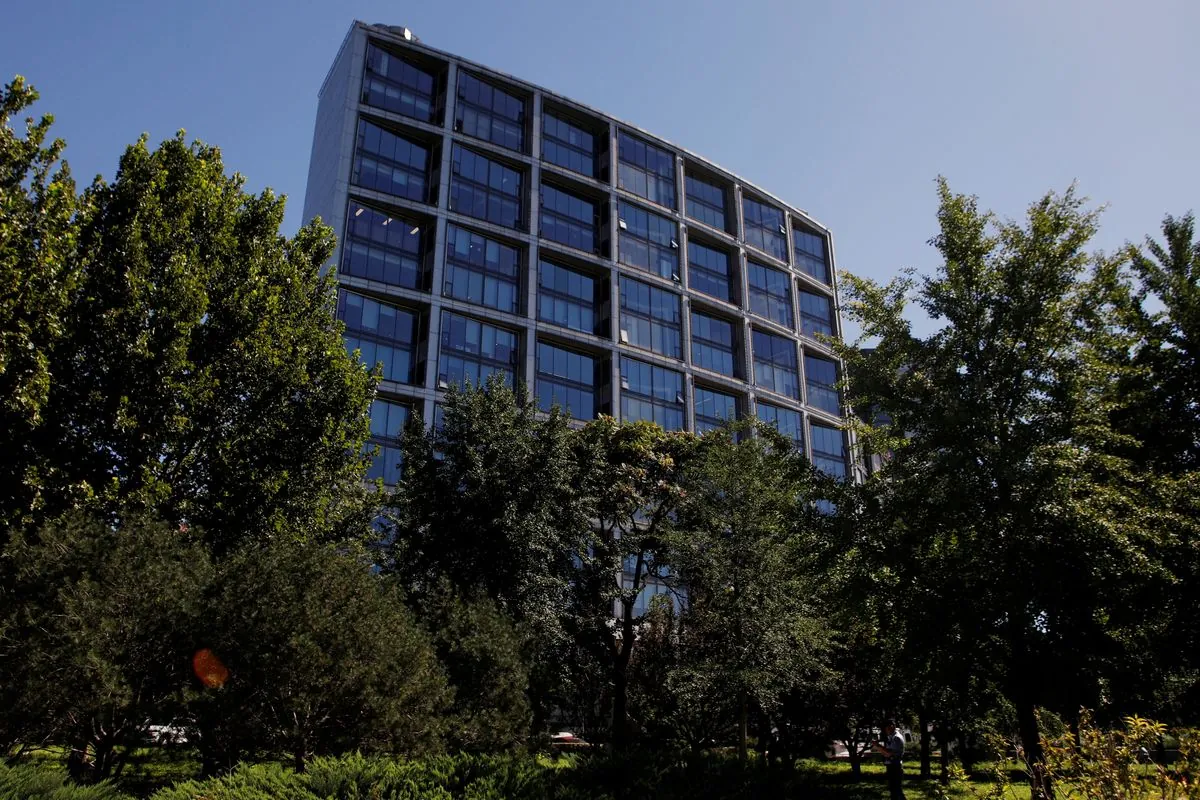Zhongzhi Enterprise Group, once a titan in China's $13 trillion shadow banking sector, has been revealed to have engaged in aggressive and potentially illegal sales practices prior to its insolvency declaration in November 2023. These practices, which included using new investor funds to pay returns on existing wealth management products and guaranteeing returns, were in direct violation of regulations set by China's top banking regulator in 2018.
The shadow banking sector, operating outside normal banking regulations, played a significant role in China's economic growth, particularly during the property boom that lasted from the late 1990s to the early 2020s. Zhongzhi capitalized on this boom, raising funds by selling high-yield wealth management products (WMPs) to retail investors.
The company's rise was meteoric, with its founder Xie Zhikun rubbing shoulders with property magnates like Hui Ka Yan of China Evergrande Group and Yang Guoqiang of Country Garden. However, the property sector's liquidity crisis, which began in 2021, exposed Zhongzhi's vulnerabilities.
As developers defaulted on loans, Zhongzhi units resorted to questionable practices to sustain operations. In July 2022, a salesperson from Hang Tang Wealth, a Zhongzhi unit, guaranteed a minimum 6.2% return on a three-month wealth management product, far exceeding the 1.5% offered on local bank deposits.
These aggressive sales tactics attracted thousands of investors, but as the property crisis deepened, Zhongzhi found itself unable to meet its obligations. The company's trust unit, Zhongrong, defaulted on payments in the third quarter of 2023, triggering investor protests and raising concerns about the spillover effects of China's property meltdown on its $66 trillion financial industry.
"There must have been no returns from the products. With no returns, what can we use to repay investors? Either issue new products or rely on the remaining cash."
The collapse of Zhongzhi has left many investors facing significant losses. Wang, a 51-year-old tech company owner from Shenzhen, invested 1 million yuan in a Zhongzhi unit product with a promised 11% return, only to find herself "caught in the landslide" when the company declared insolvency.
As of June 28, 2024, a Beijing court announced that Zhongzhi's bankruptcy administrator had applied for "substantial consolidation" and liquidation of the company and 247 affiliated firms. This process is expected to be lengthy, with many investors losing hope of recovering their investments.
The downfall of Zhongzhi serves as a stark reminder of the risks inherent in China's shadow banking sector and the broader implications of the country's property crisis. It also highlights the ongoing challenges faced by Chinese regulators in their efforts to curb financial risks and maintain stability in the world's second-largest economy.
